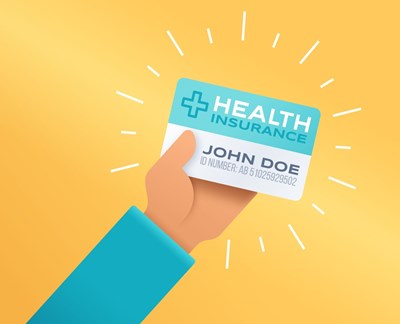WASHINGTON, D.C.—One change to field triage guidelines for emergency medical services (EMS) responding to older adults with head trauma could make a “clinically important improvement over usual care,” according to a study and accompanying editorial published earlier this month in Annals of Emergency Medicine. (“Out-of-Hospital Triage of Older Adults With Head Injury: A Retrospective Study of the Effect of Adding ‘Anticoagulation or Antiplatelet Medication Use’ as a Criterion,” and “Can an Out-of-Hospital Medication History Save Lives for Injured Older Adults?”)
“Adding a question about the use of blood thinners in older adults to our field triage criteria could save lives,” said the editorial’s writer, Craig Newgard, MD, MPH, of Oregon Health & Science University in Portland, Ore. “Older patients suffering head trauma who are taking blood thinners are more likely to suffer from bleeding in the brain that requires time-sensitive surgery at a major trauma center. Current EMS triage criteria do not include that question but this study suggests that maybe they should.”
Researchers analyzed charts for 2,100 patients who were 55 or older with head trauma who were transported to the hospital by EMS. Using standard field triage criteria, 19.8 percent of those patients were correctly identified as suffering traumatic intracranial hemorrhage or bleeding in the brain. Adding a fourth question – whether the patient is on anticoagulant therapy – improved the sensitivity for intracranial hemorrhage to 59.5 percent.
“Use of steps one to three triage criteria is not sufficient for identifying intracranial hemorrhage and death or neurosurgery for older patients who suffer head trauma,” said the lead author of the study, Daniel K. Nishijima, MD, MAS, of the University of California Davis School of Medicine in Sacramento, Calif. “While we wait for other studies to confirm our research, we strongly urge patients to make their medication history available and known to their families and EMS providers, especially for situations that may arise where they cannot speak for themselves. Knowledge of their use of blood thinners may help in getting these patients to the right hospital.”
 American College of Emergency Physicians
American College of Emergency Physicians







